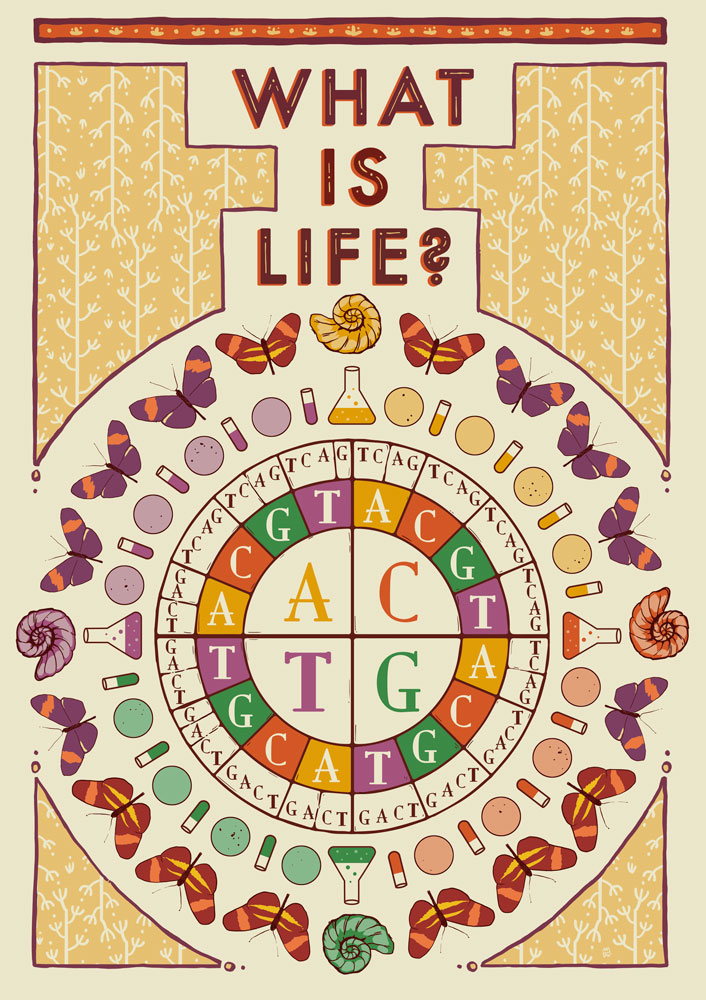Some scientists not only endured one war, but they also had to survive the misery of two. Erwin Schrödinger was one of them. He had to escape Austria due to the Nazi antisemitism of World War Two. He became a central figure in genetics since he envisioned one of the key concepts of heredity: the genetic code. He predicted, before the discovery of its structure, that DNA should be complex, but regular and non-repetitive. Some years later, Watson and Crick confirmed that Schrödinger was right. Both Salvador Edward Luria and Max Ludwig Henning Delbrück were forced to leave their homelands (Italy and Germany, respectively) and immigrate to the United States. They designed an experiment (known as the Fluctuation Test) that allowed them to demonstrate that genetic mutations are not only a matter of adaptation to the environment or natural selection, but are also due to random events. The British Sanderson Haldane not only had to suffer a war, he also had to fight in it. He became the father of Population Genetics, setting the foundations for a new scientific field. Nothing, not even war, could stop him or our other researchers from pursuing their goals.
Genética molecular en el exilio

